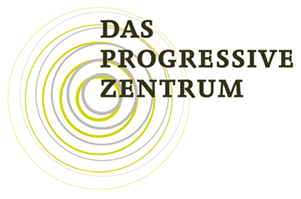
next global
Publication
Survey: How West Europeans face the migrant crisis?
October 28, 2015The survey examines the public opinion in seven West European Member States and reveals that Europe is not only divided between East and West, North & South but also among Western Countries.
Indeed, French, German, British, Dutch, Spanish, Italians and Danish are not sharing the same attitudes toward the migrant flows and the economic capacity for their own country to welcome them.
The survey has been conducted for the Foundation for European Progressive Studies (FEPS) and its French partner Jean Jaurès Foundation by Ifop polling Institute in seven Member States: France, Germany, UK, Spain, Italy, the Netherlands and Denmark in September 2015, among a sample of 1000 to 1100 people per country, aged 18 and over.
Check the results and read the analyses
Longer term solutions and prospects?
· Assisting with the development of the countries of departure is what most people in EU countries agree to be the most effective action to resolve the refugee crisis
· An overwhelming majority of Europeans want the migrants to return to their own countries in a few months or years
· A large majority of Europeans believe that arrivals of migrants will continue at this rate for one or two years, or even longer
Support for the acceptance of migrants: a divided Western Europe
· The areas most affected by the influx of migrants do not show any more resistance than the rest of the country
· An indicator of the left/right divide throughout Europe
· A concept generally more widespread among practising Catholics and Protestants
· Consensus on the pull factor risk, very widespread concern about the potential terrorist threat, however a large majority of European consider it to be our duty to accept refugees
A vast majority consider that the integration capacity for the migrant population has already been reached
· Except for Germany: strong doubts about countries’ financial capacity to accept migrants and about the economic benefits
· In virtually all countries it is the economic capacity to deal with accepting migrants and the society’s ability to integrate new foreigners that have most influence in shaping opinions on the willingness to accept migrants
· In almost all countries, the migrants’ perceived level of qualification is closely correlated with the willingness to accept them
In five out of seven countries, a clear majority thinks that migrants are primarily asylum seekers
· The idea of migrants being economic migrants and not asylum seekers is consistently more common among supporters of national populist groups
· The perception of the flows of asylum seekers is fairly compatible with the volumes objectively recorded in each country
Longer term solutions and perspectives
· Helping development in the countries of departure is the action most people in EU countries agree upon to resolve the refugee crisis
· An overwhelming majority of Europeans want the migrants to return to their own countries in a few months or years
· A large majority of Europeans believe that arrivals of migrants will continue at this rate for one or two years, or even longer



























































